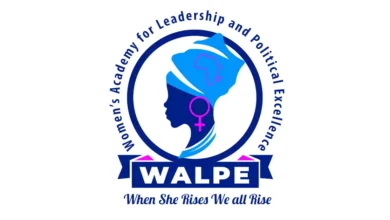MPs demand justice: Thousands of men walk free despite teenage pregnancies surge

Nqobizwe Thebe
HARARE– Zimbabwean lawmakers are raising the alarm over a glaring gap between the country’s laws and the lived realities of thousands of underage girls who fall pregnant each year—without any visible legal consequences for the adult men responsible.
In a heated parliamentary session on 30 July 2025, Hon. Daniel Molokele criticised the government’s failure to prosecute perpetrators of statutory rape. “Thousands of schoolgirls dropped out last year due to pregnancy—yet we are not seeing arrests or trials. These are crimes, not just statistics,” he told the National Assembly.
Despite Zimbabwe’s Marriages Act, which outlaws child marriage and criminalises sexual activity with minors under 18, MPs expressed frustration that prosecutions remain almost non-existent. Molokele challenged Minister of Women Affairs Monica Mutsvangwa to explain how the government was ensuring justice. “We have not seen thousands of men arraigned for statutory rape in this country,” he said.
In her response, Minister Mutsvangwa affirmed the government’s zero-tolerance policy toward child marriage and underage sexual abuse, citing ongoing work with the Ministries of Justice and Home Affairs. “We continue to raise awareness at all levels, from communities to traditional and religious leaders,” she said. She also pointed to support mechanisms like mobile One-Stop Centres and pro bono legal aid.
However, MPs pushed further, questioning the lack of a dedicated task force to track and prosecute offenders. “We need to go beyond prevention. The girls are already pregnant—where is justice?” Molokele asked.
As the debate unfolded, it underscored growing public frustration over the impunity of perpetrators and the disconnect between policy and enforcement. The government’s whole-of-government strategy, while well-articulated, now faces a critical test: will it deliver justice for Zimbabwe’s most vulnerable girls?





